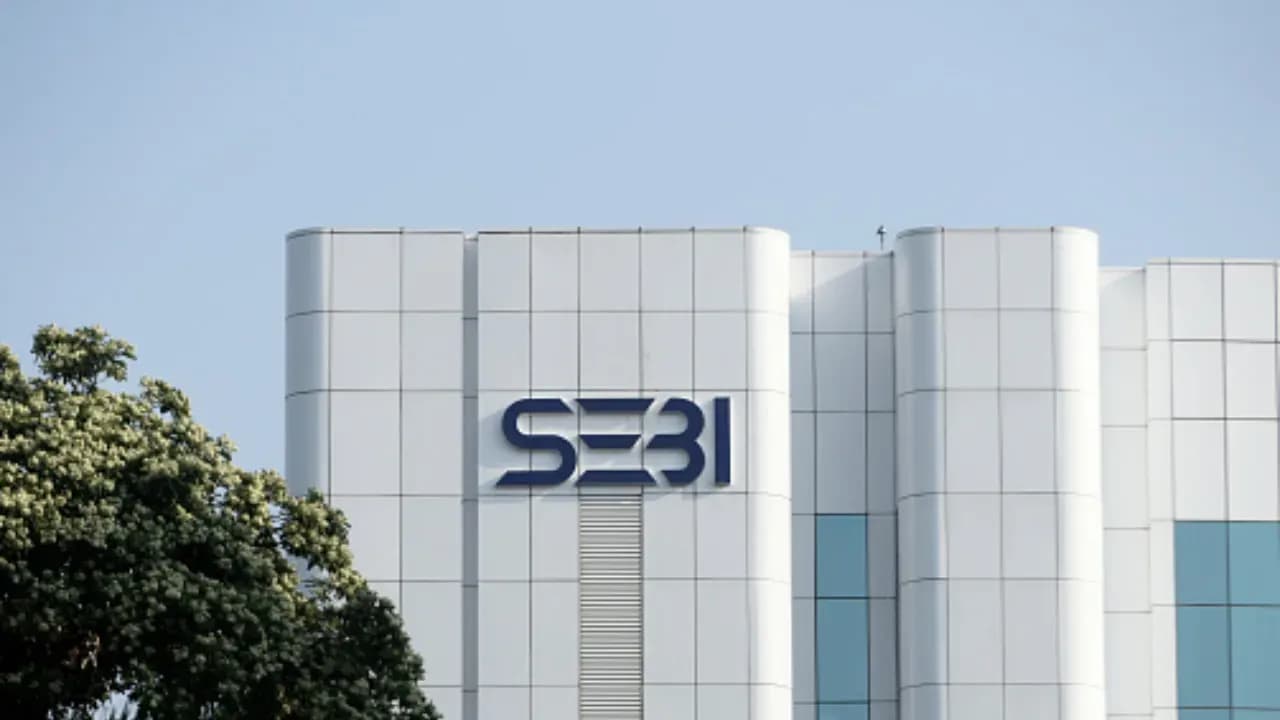The rules are expected to affect institutional traders, proprietary desks, and large participants who usually take substantial intraday positions, especially on expiry days
India’s markets regulator, the Securities and Exchange Board of India (SEBI), has reportedly introduced a new framework to monitor intraday positions in equity derivatives from October 1.
The rules are expected to affect institutional traders, proprietary desks, and large participants who usually take substantial intraday positions, especially on expiry days.
Under the guidelines, SEBI has set intraday position limits for index options trades, measured using the “Future Equivalent” (FutEq) metric, which standardizes options and futures positions on a comparable scale.
The intraday net position limit for index options is set at ₹5,000 crore per entity by SEBI. Additionally, gross intraday exposure has been capped at ₹10,000 crore, applied separately to long and short positions, according to reports.
To ensure compliance, stock exchanges will conduct at least four random checks during market hours, including one between 2:45 pm and 3:30 pm, when trading volumes typically spike. Entities breaching the prescribed limits will face scrutiny, with exchanges examining their trading patterns and seeking explanations.
For violations occurring on the day of contract expiry, SEBI has made penalties mandatory. The regulator stated that these measures are designed to strengthen oversight and safeguard market integrity.
The move follows the regulator’s recent action against U.S.-based high-frequency trading firm Jane Street, which was barred from Indian markets over allegedly manipulative trading strategies that caused losses for retail investors.
Last month, SEBI proposed formalizing new market practices such as algorithmic and proprietary trading within its master regulations to ensure a more structured and permanent framework.
For updates and corrections, email newsroom[at]stocktwits[dot]com.<
